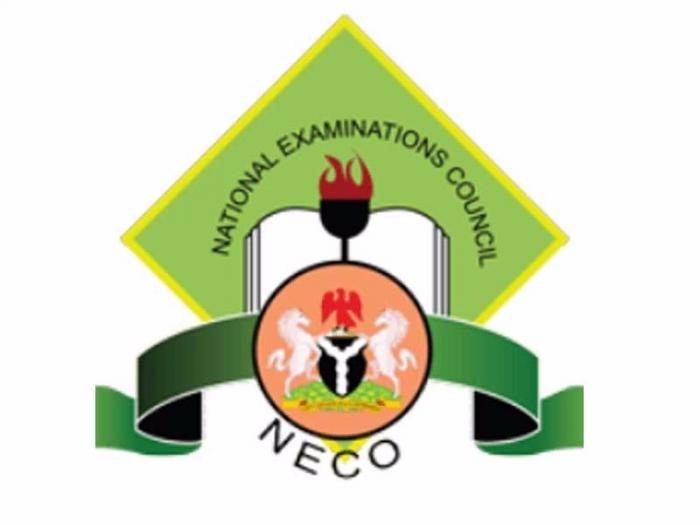ASUP protests as FG launches new scheme of service for HND holders


The Academic Staff Union of Polytechnics (ASUP) has expressed strong opposition to the recently released scheme of service for holders of Higher National Diploma (HND) certificates in government service, claiming that the new document further undermines polytechnic education and promotes the country’s age-long disparity and discrimination against its products in comparison to university education.
The Federal Government, through the National Board for Technical Education (NBTE), recently produced a white paper titled “Scheme of Service for Polytechnics” signed by the Head of Civil Service of the Federation, Dr. Folasade Yemi-Esan. A copy was provided to ASUP via NBTE.
According to ASUP, the document contains numerous discrepancies and disputed problems that members, as important stakeholders in polytechnic education, are dissatisfied with and so demand that its implementation be halted.
ASUP’s National President, Shammah Kpanja, condemned the new development, stating that it undermines Nigeria’s polytechnic education status, promotes disparity and discrimination against HND holders, and distorts established career structures and progression guides in the subsector. The statement was made available to newsmen over the weekend.
According to the union, the development is a season of mourning for Nigeria’s polytechnic system, after a painful seven-year review journey following agitations by the union, “our polytechnics are left with a burden of contradictions that amplifies the identity crises rocking the subsector over the years.”
The union said it is not even surprising to members that the head of the civil service could come up with that policy since, according to them, she has no regard for polytechnic education and its products as shown in her utterances over the years.
“But this is a clear display of poor knowledge of the office of HoCSF as regards the core demands of a functional tertiary education structure with the desired condiments for the promotion of technical and technological education in the country.
“And we are equally disappointed at NBTE on this matter.
“We believe that rather than the agency to undertake a careful study of the document, it chose the path of a lone-ranging celebration of a document that will birth confusion in the subsector, deepen dichotomy, accelerate brain drain, further reduce students’ enrollment and further detach our polytechnics away from global community of tertiary schools.
“Similarly, while we see this attempt as a way to trivialise our union’s past struggles to make career definition and progression structures in our polytechnics to meet up with global standards, we equally see it as a subtle attempt to inject acrimony within the ranks of the staff trade unions in the subsector.
“So, to us, this is an unfortunate development and we strongly advise NBTE as our regulatory body to exercise restraint in the implementation of the various contentious provisions in the document until such provisions are aligned to prevailing laws and standards in the tertiary education.”









